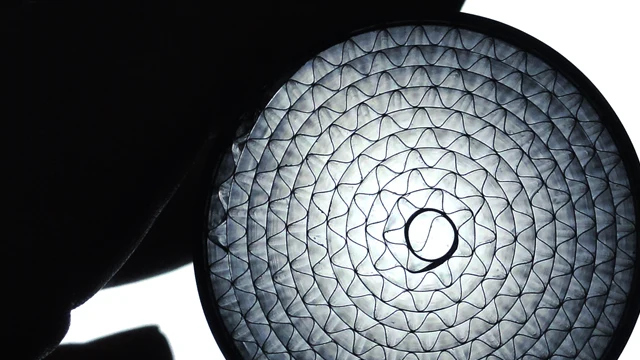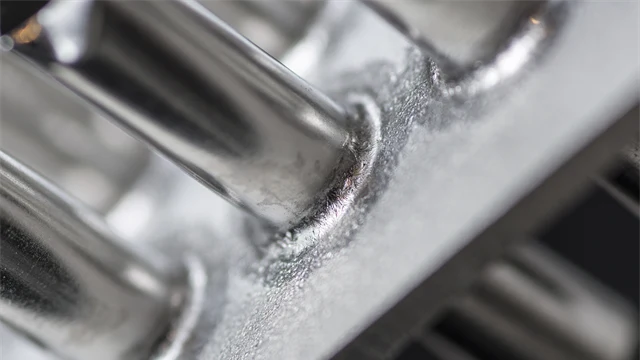BrazeLet Ni613DW-9003
Ladda ner
Läs mer

Contact us
Sales & technical support
Kontaktformulär
Kontaktpersoner
Technical area:
Brazing
Välj land *
Typ av kontakt *
Sälj
Sälj
Teknisk support
Förnamn *
Efternamn *
Företag *
Arbetsområde *
VD/ägare
Inköpare
Konstruktör
Affärsutvecklare
Maskinoperatör
Annat
E-post *
Telefon arbete *
Ditt meddelande *
Personuppgiftspolicy
Jag godkänner att Höganäs hanterar mina personuppgifter för att kontakta mig. Min kontaktinformation kan även komma att användas för marknadsföringsändamål, som nyhetsbrev och annan relevant information. Uppgifterna kommer inte att delas med någon tredje part. I och med detta samtycke bekräftar jag även att jag är över 16 år.
Mer information om hur vi hanterar personuppgifter anges i vår personuppgiftspolicy.
Du måste godkänna villkoren för tjänsten för att fortsätta.

